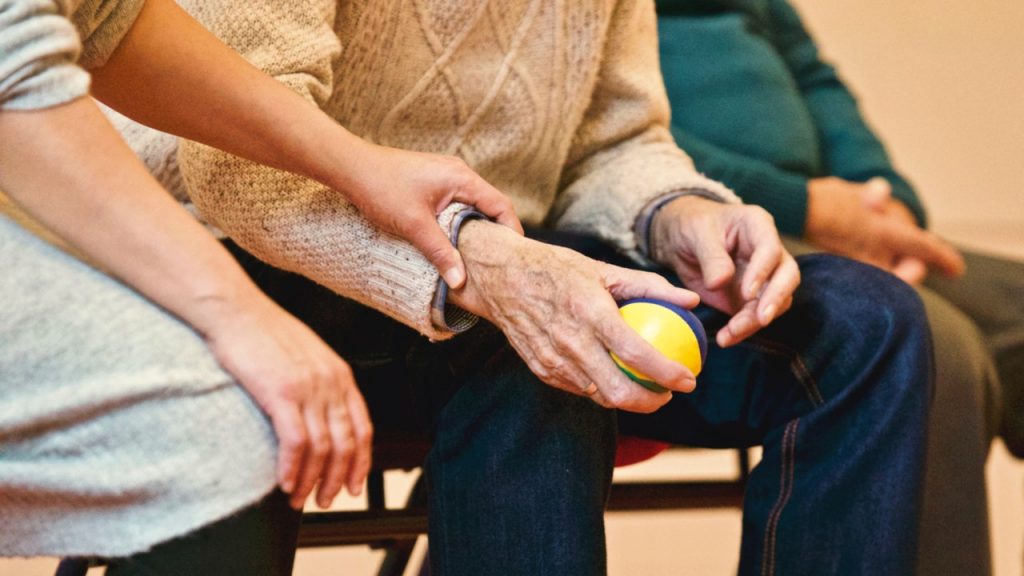Watching a loved one grow old can be hard, especially if they start encountering health issues or have problems with brain function and mobility. It can be easy to disassociate your loved one in their old age from your loved one in their prime, and that is frustrating. However, just because one phase of their life is over and they are now in a different one, does not mean that your relationship with them should be any different.
It is hard to deal with end-of-life care as a family member, especially mentally, financially, and in some cases, physically. But you can gain peace of mind if you study up on ways to prepare and tips for coping. If you are experiencing a family member going through end-of-life care and need some help, here are three great tips.
Find Out Where to Go for Local, Specialized Care For Your Loved One
One great way to prepare for your family member’s end of life care is to make sure you know where they will be going for their medical care and treatment needs. Find someplace local with a good reputation so that you can breathe easy knowing that your loved one is in good hands. Additionally, you should research your healthcare provider options so that you find a place with specialized care that your family member may need, such as physical therapy or stroke recovery care.
Making sure that the care is locally provided is also important. If you are looking for healthcare in Essex, MD, you should not have to go all the way into the city of Baltimore to find it. Cutting down on travel time to the doctor will make your stress levels and your family member’s stress levels much lower.
Explore Financial Options For Peace Of Mind
The last thing you want to do while your family member is in end-of-life care is worry about how they will be paying for medical treatments, rent or mortgage payments, and other aspects of their everyday life. There are options for them to receive compensation for their life insurance policy if they qualify.
Typically if they are over a certain age or have a life-threatening illness and no longer need their life insurance, they can sell it to an organization like the American Life Fund. Talk with your loved one and see if receiving a payout for their life insurance through a viatical settlement is of interest to them. The money they receive could make all the difference in their medical care.
Don’t Forget To Take Care Of Your Own Mental Health
One of the top tips for making it through your family member’s end of life care is to make sure you do not forget about your own health, especially mental health. If you are a partial caregiver for your family member or you have a lot of responsibilities related to the administration of that care, you may feel stressed or overwhelmed at times.
This is completely normal, but it is always a good idea to look into getting some help for yourself. A therapist can help you work through your stress or any complicated feelings you may have about your loved one’s experience. Consider using a service like WithTherapy, which matches you and your concerns with a mental health professional who will help you work through what you are experiencing.
No matter what you are going through with regard to your family member’s end of life care, know that it is not permanent. Your situation will get better eventually, even if it is unpleasant now. By utilizing the above tips and leaning on the rest of your family for support, you will be able to provide care to your loved one and make it through this hard time.



